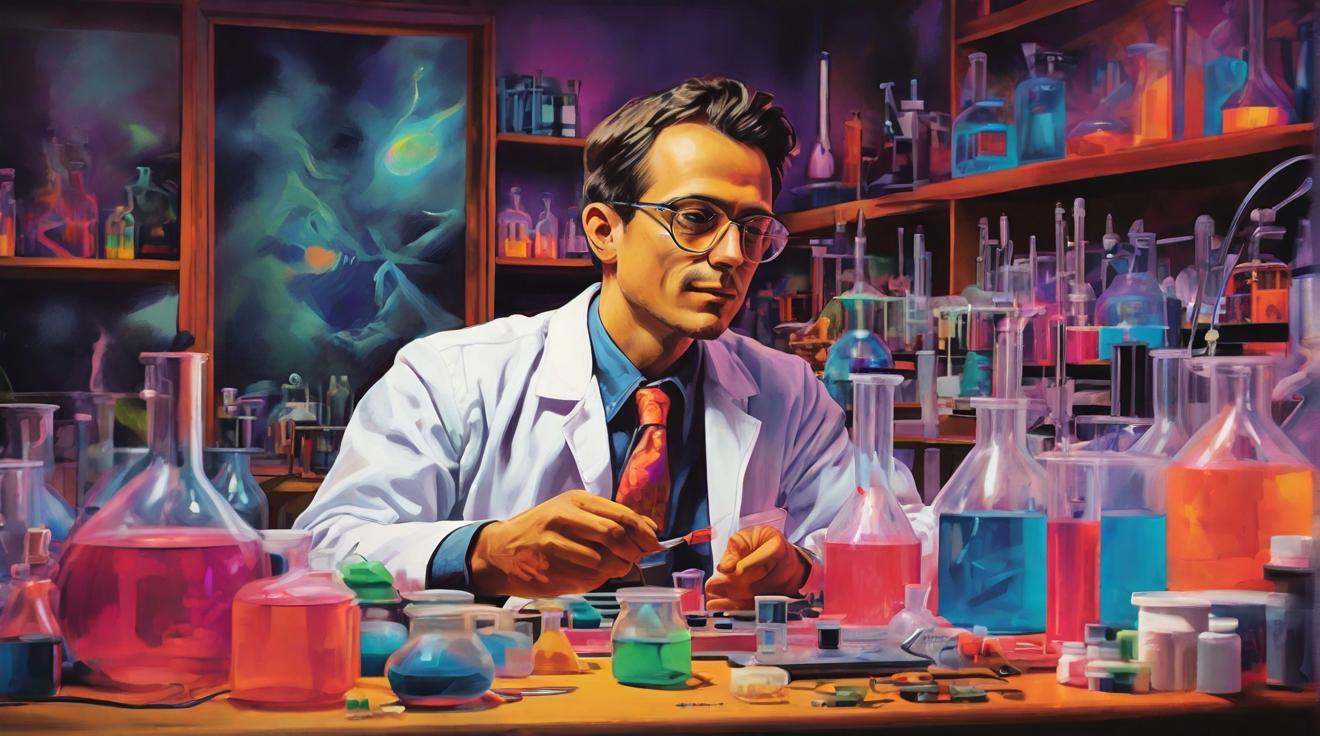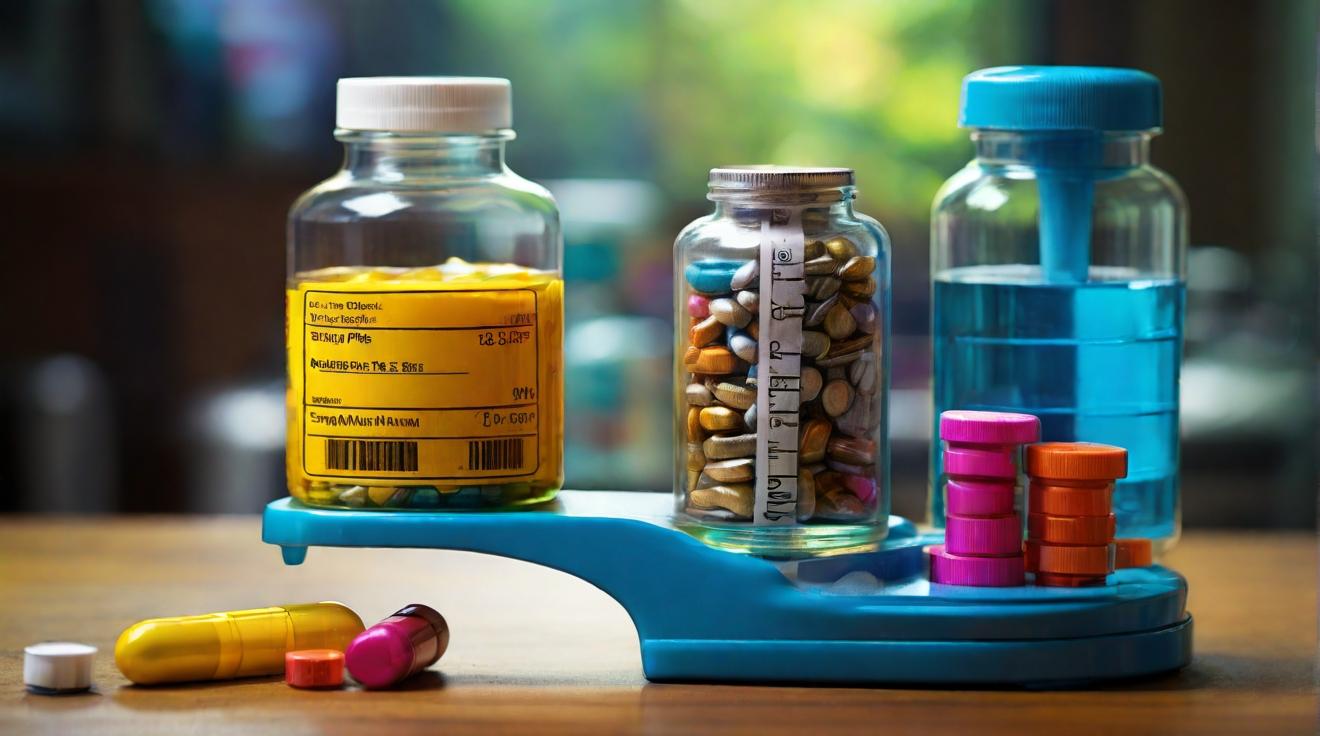Unveiling the Transformative Journey of LSD: From Bicycle Day to Modern Therapy
On April 19, a day unofficially crowned as Bicycle Day, psychedelic aficionados pay homage to a pivotal voyage into the mind's profound depths, embarked upon by the Swiss chemist and LSD creator, Albert Hofmann. This day is not merely a footnote in the annals of psychedelic history but marks the inception of a journey that has meandered through the realms of controversy, enlightenment, and burgeoning medical interest.
In the 1930s, Hofmann synthesized a compound that would later become known as LSD. It wasn't until a fateful day in 1943 that he ingested what he presumed to be a minor dose of LSD, leading to an immersive experience as he cycled home. Hofmann described being transported "to another world, another place, another time." This experience, which continued into the next day, was recounted by Hofmann at a 1978 conference in San Francisco, highlighting a prolonged heightened sensitivity of all senses.
Hofmann's revolutionary discovery embarked on a journey of wide-ranging medical research into psychedelic therapy. Despite the promising avenues it opened, LSD soon became synonymous with the 1960s counterculture, transforming Hofmann's discovery into his so-called "problem child." The substance, once a beacon of scientific curiosity, faced stringent legal restrictions in 1968 as laws against its manufacture, sale, and possession were significantly tightened, bringing research to a screeching halt.
The narrative around LSD and other psychedelics, however, is witnessing a significant shift. With certain drugs being decriminalized and new research underway, the horizon for psychedelic therapy looks promising yet again. Ketamine-assisted psychotherapy for conditions such as major depressive disorder and PTSD is being explored, with researchers like Monnica Williams from the University of Ottawa leading the way. Williams shared insights into the efficacy of MDMA-assisted therapy for PTSD, showcasing remarkable success rates that hint at a future where such treatments could become widely accessible.
However, securing research funding remains a formidable challenge, echoing the complex journey LSD has traversed from its inception to its current status as a potential therapeutic tool. As enthusiasts and researchers celebrate Bicycle Day, they not only reminisce about LSD's storied past but also foster hope for a future where psychedelic therapies breach the confines of taboo to heal and transform lives.
The revival of interest in LSD and psychedelics as therapeutic agents underscores a broader societal shift towards reconsidering the potential of these substances. With ongoing research and changing perceptions, the legacy of Bicycle Day continues to inspire a vision where the therapeutic potential of psychedelics is fully realized and accessible to those in need.
Analyst comment
Positive news. The market for psychedelic therapies is expected to expand as new research and decriminalization efforts pave the way for the use of substances like LSD and MDMA in medical settings. However, securing research funding remains a challenge. Overall, the market is poised for growth as perceptions and attitudes towards psychedelic therapies continue to shift.













